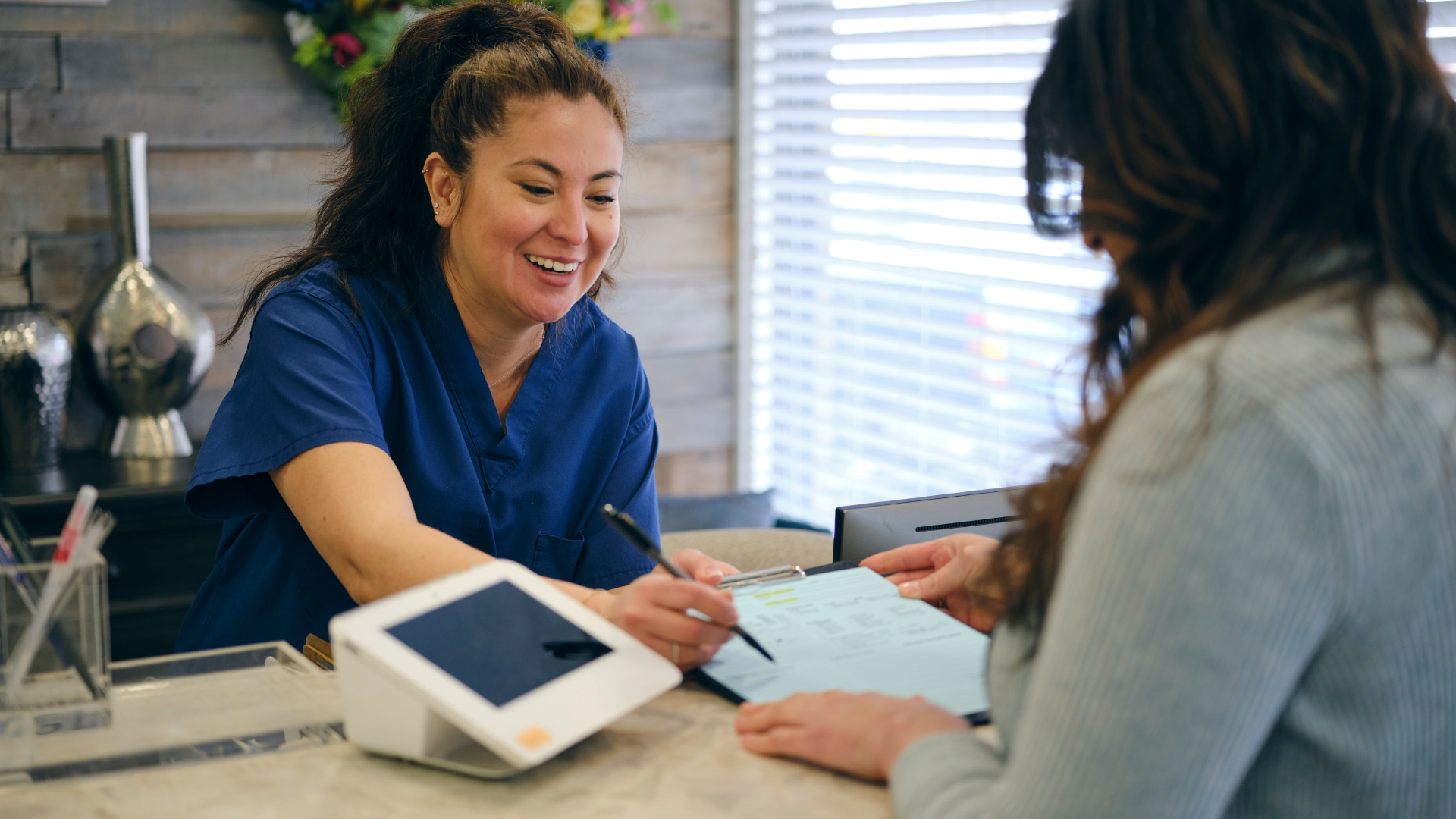The Lead Safe Cleveland Coalition (LSCC) conducted its bimonthly convening meeting on May 7 to present the coalition’s progress now that the Lead Safe Ordinance is taking hold. The coalition is comprised of many community stakeholders such as landlords, contractors, pediatricians, parents and teachers. The coalition is moving away from initiating action after children are lead poisoned to an upstream, systems approach that prevents children from being poisoned by ensuring that homes are lead safe. The latest meeting involved members of the coalition updating the group on all of the good news that has happened across the LSCC committees and in the community, so far.
If the Senate does not make any changes, it is expected that this program will receive $1 million for each state fiscal year in 2022 and 2023.
Director Brian Kimball from the City of Cleveland Department of Public Health provided a report on the Lead Screening and Testing Commission. Formally known as the HHAC/Screening, Testing and Services subcommittee, the Lead Screening and Testing Commission will focus on five priority areas:
- Messaging about the effects of lead and the importance of testing;
- Using data to monitor rates and inform strategies;
- Improving service, early intervention and care coordination;
- Collaborating with and advocating to Medicaid Managed Care Organizations;
- Coordinating with existing quality improvement efforts and identifying potential changes within health systems.Later, Director Ayonna Blue Donald from the City of Cleveland’s Building and Housing Department talked about the lead-safe certification implementation plan. The ZIP code certification rollout started in two ZIP codes (44120 and 44135), and within those areas fewer than 100 lead safe certifications have been awarded since launching at the end of March. A lead safe certification means that a tenant’s home or apartment does not show signs of lead (e.g. lead dust or chips) during a Lead Clearance Inspection. With the city’s reminder letters going out soon, it’s anticipated the certifications will increase. The Lead Safe Resource Center is making a positive impact in developing a lead safe workforce in the community through their Clearance Technicians and Renovation, Repair, and Training (RRP) Certification training classes which remain full and the resource center’s call volume has doubled since the ordinance went into effect. In addition, the Lead Safe Community Action Team, housed within the resource center, assists with raising awareness of the lead safe certification ZIP code roll out, establishing relationships with small businesses and providing education to the community

The coalition is moving away from initiating action after children are lead poisoned to an upstream, systems approach that prevents children from being poisoned.

Lead Safe Community Action Team during National Lead Poisoning Prevention Week 2020. Photography and courtesy of Jamal Collins and the Lead Safe Resource Center.[/caption]
LSCC continues to achieve other milestones in its effort to ensure homes become lead safe. The coalition has conducted virtual community meetings to inform the public about the lead certification, LSCC programs, services and how the community can get involved. Moreover, CHN Housing Partners, the administrator of the Lead Safe Loans and Grants, is receiving more loan and grant applications from landlords who want their properties to become lead safe. So far, nearly 100 applications for funding the lead safe process are underway. The LSCC is also spreading awareness about the coalition and the risks of lead through its marketing campaign across Cleveland.

One of LSCC’s posters in Cleveland. Courtesy LSCC.[/caption]
In addition to the operational work, LSCC is advocating to continue to receive funds from the state government. In the state budget, there is the Lead-Safe Home Fund Pilot Program line item, which aims “to improve housing conditions for children by providing grants to eligible property owners for lead-safe remediation actions.” So far, there are no changes to the funding amount since the House passed its version of the state budget. If the Senate does not make any changes, it is expected that this program will receive $1 million for each state fiscal year in 2022 and 2023.
If you are interested in becoming a lead-safe worker, need help with a property, or just want to learn more about the impact of lead in Cleveland, visit the Lead Safe Cleveland Coalition website or call the Lead Safe Resource Center hotline at 833.601.5323.








